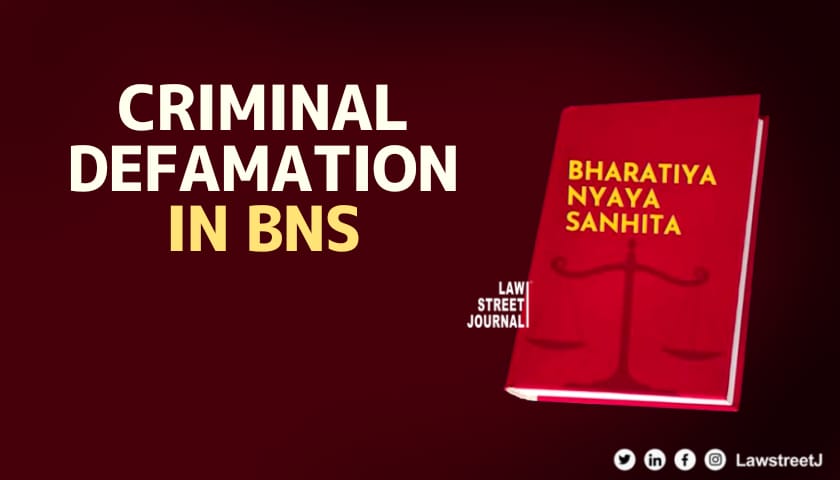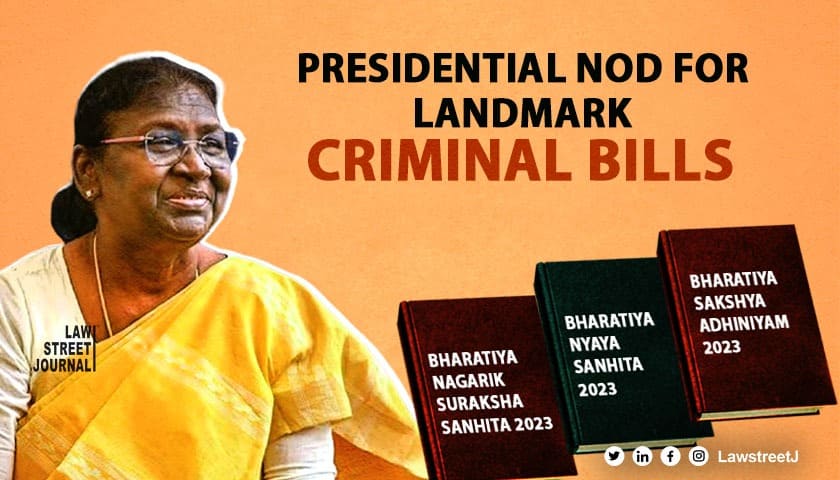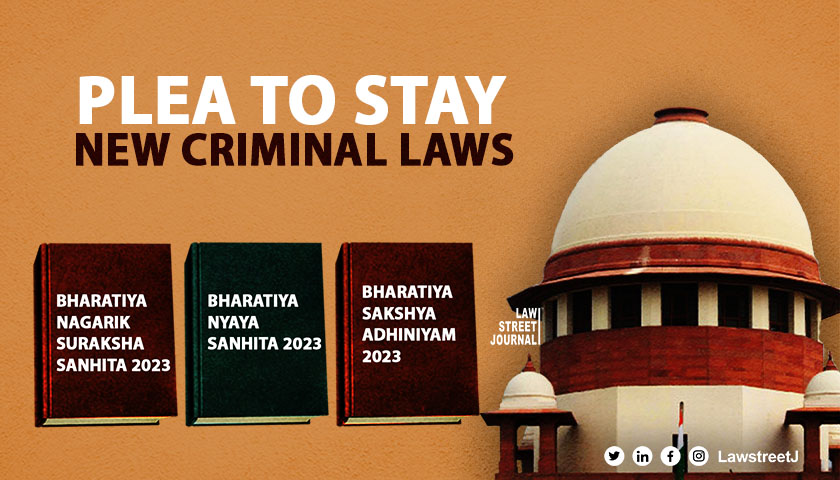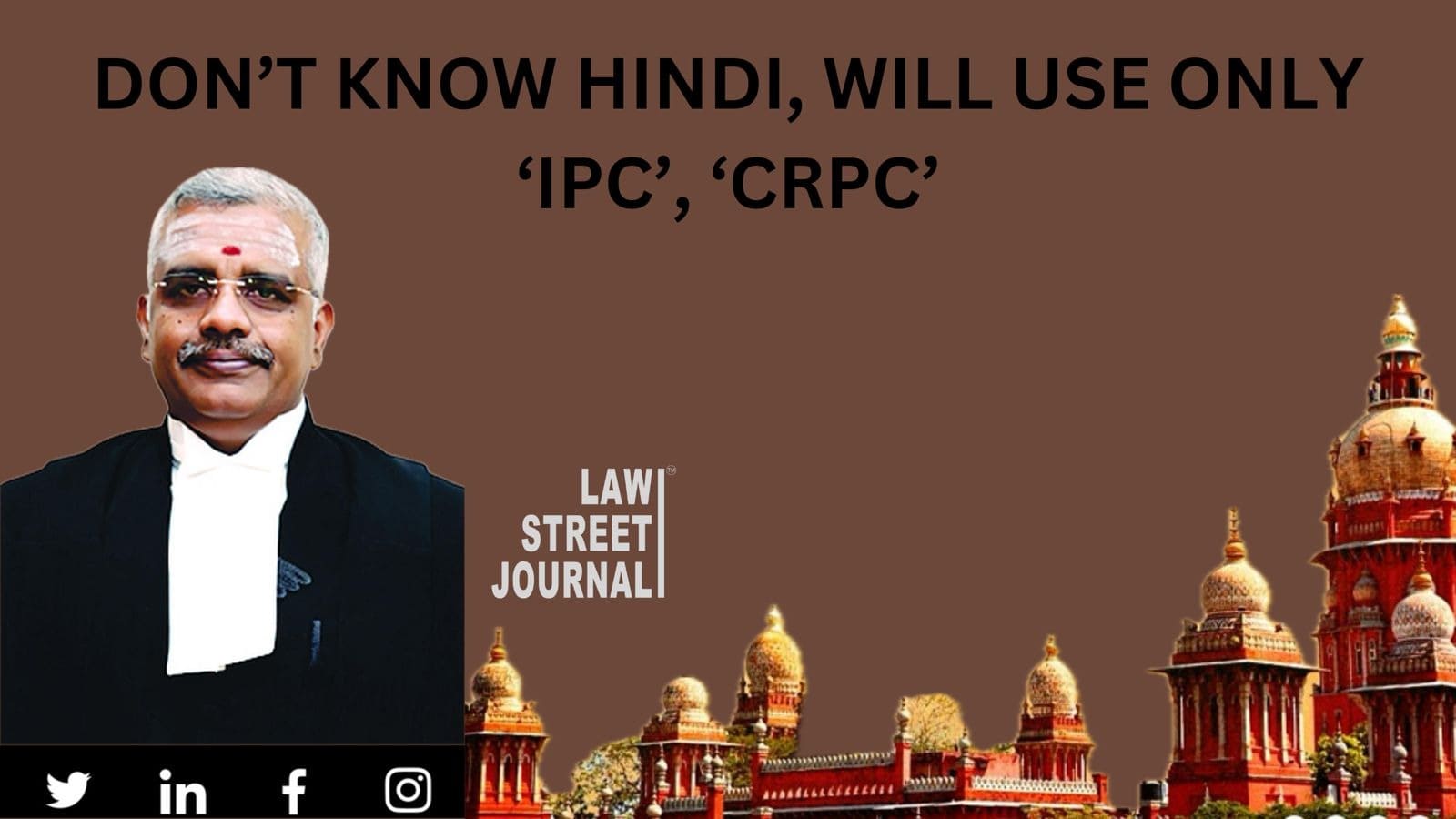NEW DELHI: The Law Commission of India has said the reputation which is earned hard needs protection as it recommended but that the offence of criminal defamation should be retained within the scheme of criminal laws in the country.
Reputation is something which can't be seen and can only be earned. It's an asset which is built in a lifetime and destroyed in seconds. The whole jurisprudence around the law on criminal defamation has the essence of protecting one's reputation and its facets," the panel headed by Justice Ritu Raj Awasthi said.
The Commission submitted its 285 th report on the law on criminal defamation to the Law Minister Arjun Ram Meghwal.
It examined various issues relating to the defamation laws and made its recommendations on a reference from the Ministry of Law and Justice received from a letter of August 4, 2017.
"It is important to keep in mind that right to reputation flows from Article 21 of the Constitution of India, and being a facet of right to life and personal liberty, needs to be adequately protected against defamatory speech and imputations," the Commission said.
The panel opined reputation being an integral facet of Article 21, it cannot be allowed to be jeopardised just because an individual has to enjoy his freedom of speech at the expense of hurting the sentiment of another.
It is to be understood that the restriction is not completely on one's thoughts and ideas. It is a protection that one can avail in a situation where his reputation is hurt. There is no absoluteness in any of the rights and both have to be harmoniously construed in its spirit to make the society peaceful and liveable," the commission said
In its 114-page report, the Commission noted that it may be argued that criminal prosecution for defamatory statements is opposed to the right of freedom of speech and expression. However, the protection of reputation is not the only impetus behind criminalising defamation as avoiding public disturbances is an equally important motivation, it said.
The Commission also said publications that harm a person's reputation are an inherent part of the political process in a democracy, and stifling the same would be endangering the political process.
It noted report by the Organisation for Security and Co-operation in Europe (OSCE) found out that forty-two of the fifty-seven OSCE member countries have criminal defamation provisions in one form or other.
It also found out that nearly all OSCE member countries having criminal defamation provisions, provide for imprisonment as a possible punishment, and that the majority of these countries provide for imprisonment for a period of up to two years. Most of the member-countries of the OSCE are economically developed nations, and it is seen that the presence of criminal defamation provisions in such countries has not hindered the economic and political development, the Commission said.
The recently enacted Bharatiya Nyaya Sanhita, 2023 also made a provision of community service as an additional punishment to the offence.
The law acknowledges that harm to reputation is not only an attack on an individual, rather an imputation on the whole society, for which the perpetrator may be punished to serve the community as an act of remorse. Through introduction of this punishment, Indian law has shown the most balanced approach in protecting one's reputation and speech too, it said.
The Supreme Court had examined the constitutionality of criminal defamation in Subramanian Swamy vs Union of India (2016) and dismissed the challenge to Section 499 of the Indian Penal Code, 1860.
The SC had held it to be constitutionally valid on account of it being a reasonable restriction under Article 19(2) to the freedom of speech and expression enshrined in Article 19 (1)(a) of the Constitution, the panel said.
















